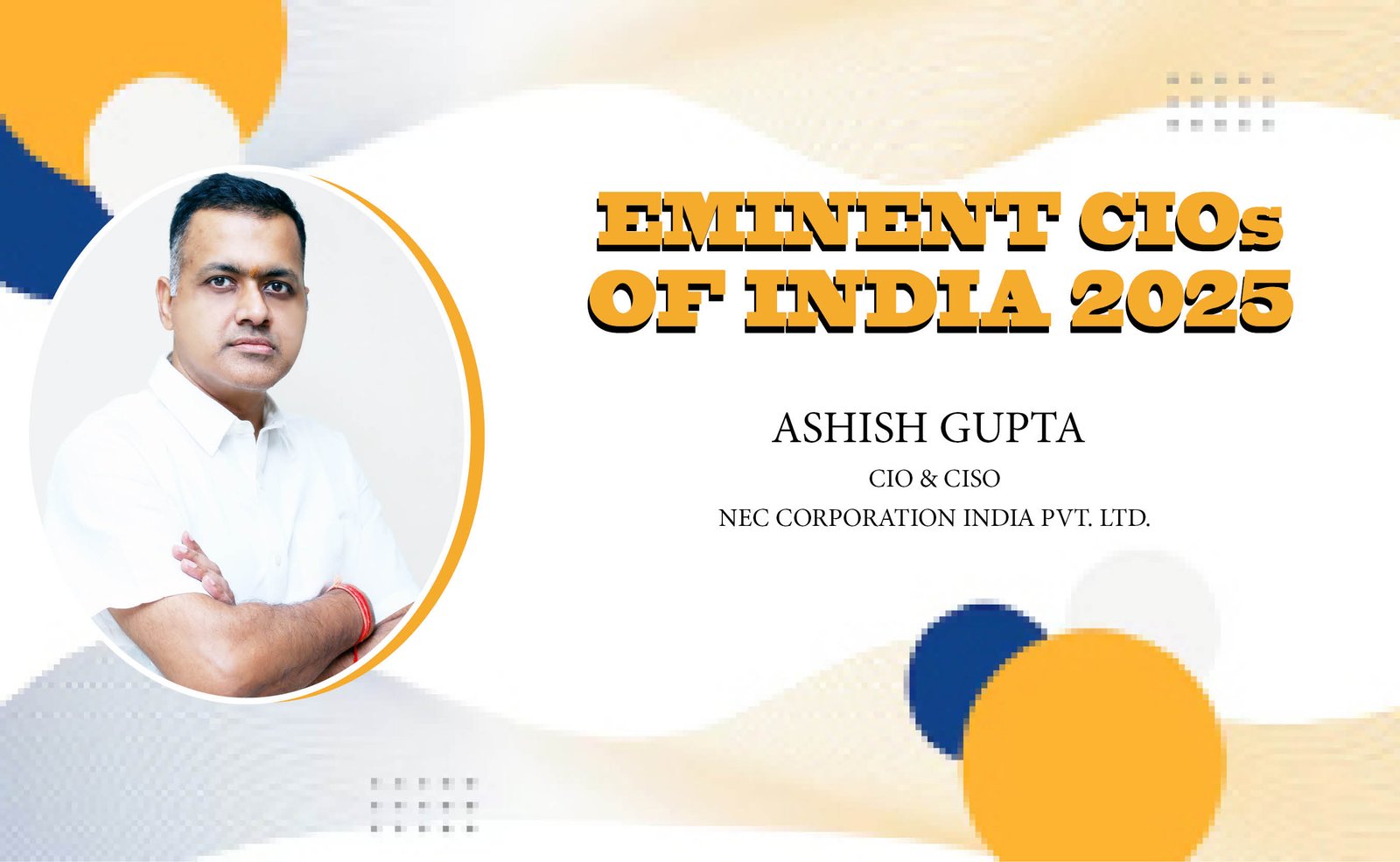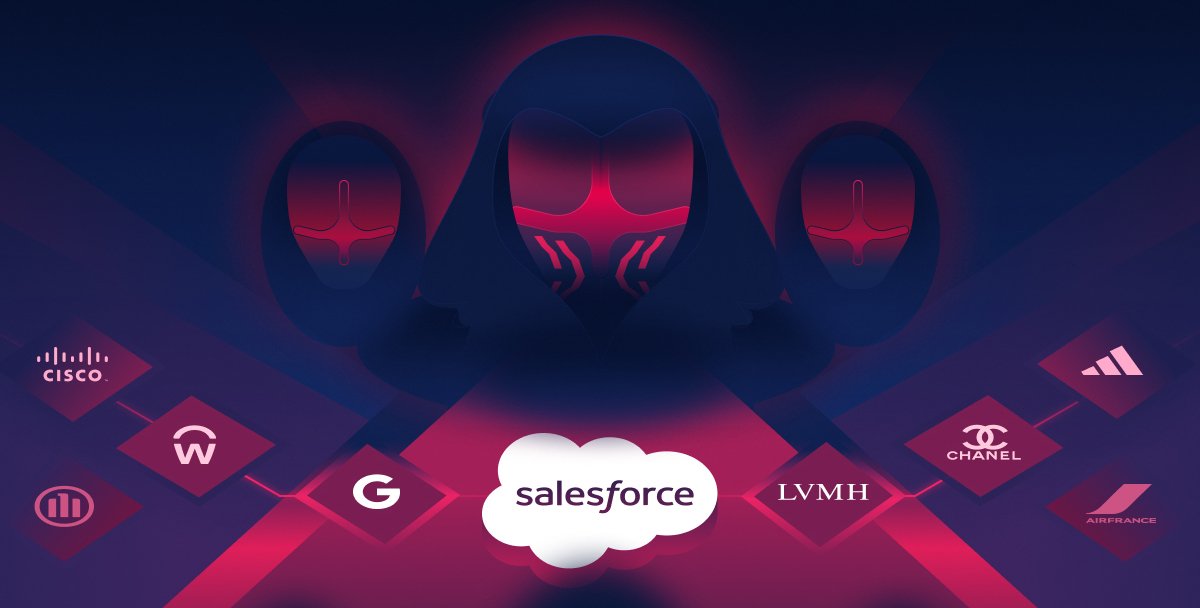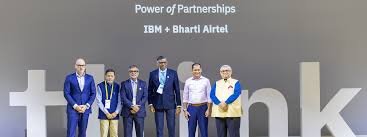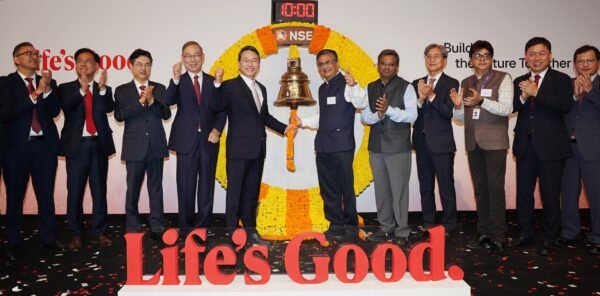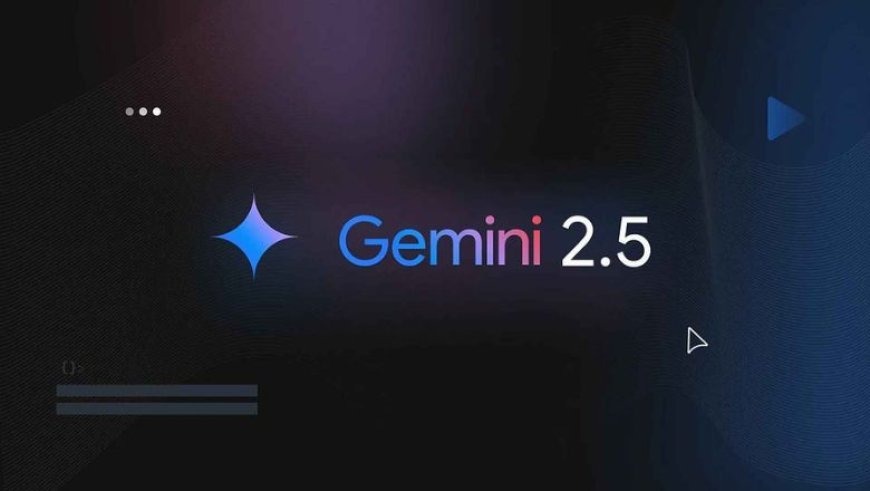Ashish Gupta, CIO & CISO, NEC Corporation India Pvt. Ltd.
In 2025, enterprises are embracing smarter, more agile technology frameworks. Artificial intelligence and machine learning are embedded in operations, customer service, and decision-making. Cloud-native platforms provide the flexibility and scalability that legacy systems lack, while edge computing is gaining momentum—especially in sectors like retail, logistics, and manufacturing—for real-time data processing and reduced latency.
Organizations are also shifting to composable enterprise models, building modular systems that can quickly adapt to change. Meanwhile, sustainability is becoming a tech priority, with enterprises making decisions based on energy efficiency and environmental impact. Cybersecurity remains foundational, with a sharp rise in zero-trust architectures and real-time threat intelligence as digital threats grow more complex.
CIOs at the Core of Business Transformation
The CIO’s role has evolved into a business-critical leadership position. No longer confined to managing infrastructure, today’s CIOs are driving innovation, shaping customer journeys, and even influencing revenue models. As technology becomes a strategic business lever, CIOs must think like business leaders—balancing agility with governance, experimentation with long-term vision, and ensuring that IT strategy aligns with company goals.
CIOs are also influencing company culture and cross-functional collaboration. Effective leaders now guide transformation across departments, using technology to create measurable business outcomes. Their role is not just about keeping systems running—it’s about enabling the enterprise to adapt, compete, and grow.
Building a Culture of Cybersecurity and Trust
Cybersecurity is no longer siloed within IT departments—it’s embedded across the organization. Companies are investing in immersive training, gamified learning, and real-world simulations to build awareness. At NEC India, this means role-based modules, performance-linked KPIs, and regular simulations to make data protection everyone’s responsibility.
AI and automation are integral to modern security frameworks. Enterprises are adopting SOAR platforms and using AI-driven analytics for faster detection, triaging, and resolution of threats. Zero-trust models are now standard, especially in hybrid environments, ensuring secure access at every layer.
As digital roles converge, CIOs, CTOs, CISOs, and DPOs must collaborate—each bringing unique focus areas. The DPO’s independence remains crucial, especially for legal compliance under India’s evolving privacy laws. Together, these roles form the foundation for secure, scalable, and ethical innovation.

